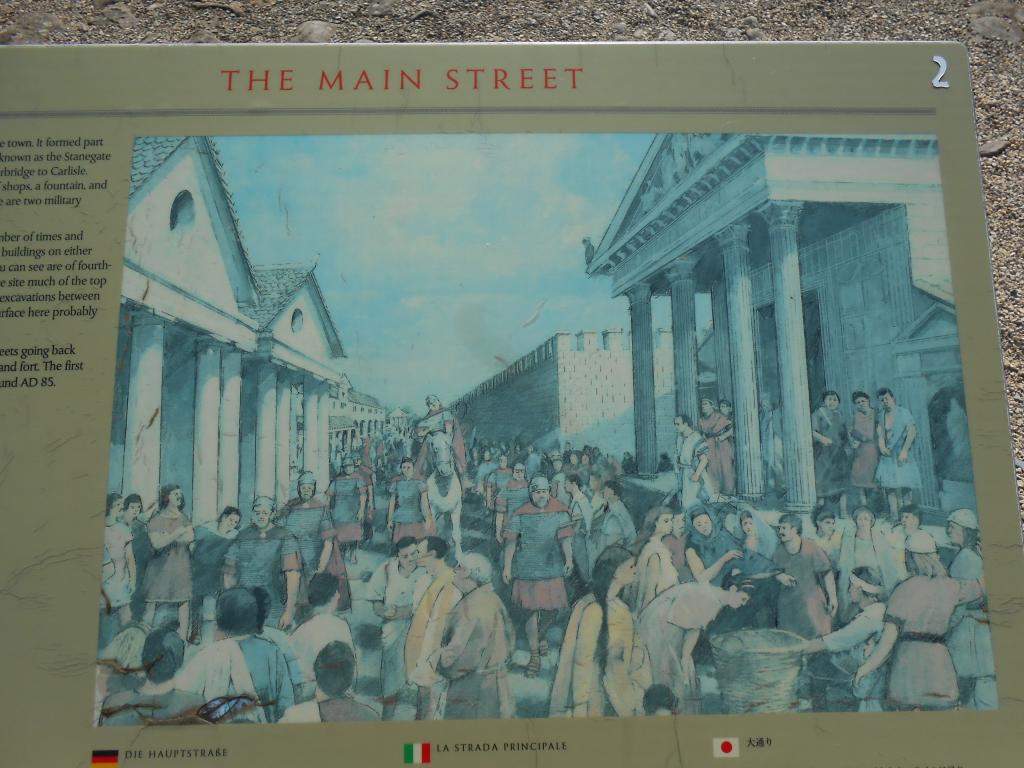Was Early Christianity Secretive?
by larryhurtado
Last night here in the UK the BBC showed the first of a multi-part series hosted by WaldemarJanuszczak (a UK art critic/journalist), this first programme on early Christianity and some of its art and symbols. I knew we were off to a bad start when Januszczak started with the “ROTAS-SATOR” square found in Pompei, announcing confidently that it was a covert Christian device intended to signal to other Christians. In fact, this curious word-square does not show up in identifiably Christian usage till sometime 4th-6th centuries or later. And when it shows up in Christian usage it’s not as a covert identification, but a kind of magical device (e.g., for healing, etc.).
But the larger complaint I had about the programme was his repeated references to early Christianity as a secretive or covert movement that resorted to supposedly cryptic symbols to avoid detection. In fact, everything we know about pre-Constantinian Christianity indicates a movement seeking to make itself as known as possible. I mean, when you have Christian figures such as Justin Martyr writing formal/extended defences of Christianity addressed to the Emperor (Justin’s Apology), how secretive are you trying to be??
And Christians used symbols such as the Chi-Rho, not as cryptic/hidden references to their faith, but as indicative of their bold appropriation of symbols. The Chi-Rho (along with the Tau-Rho) was in fact a pre-Christian device that typically served as an abbreviation for “chiliarch” or “useful”. Christians, however, quickly saw also that it used the first two letters of the Greek word for “Christ”, and attached their own meaning to it. They did the same with a number of other symbols, words, and other visual iconography. They seem to have felt that the world declared the gospel, and lay unnoticed by the pagans, but they would disclose it.
So, let’s drop the old chestnut about secretive early Christians/Christianity, hiding away to avoid detection and persecution. In fact, they seem to have been fairly up front, bold, and even provocative at times.
Too bad that the BBC one again went with an amateur for an important historical topic, and too bad that the host didn’t do better historical research.













